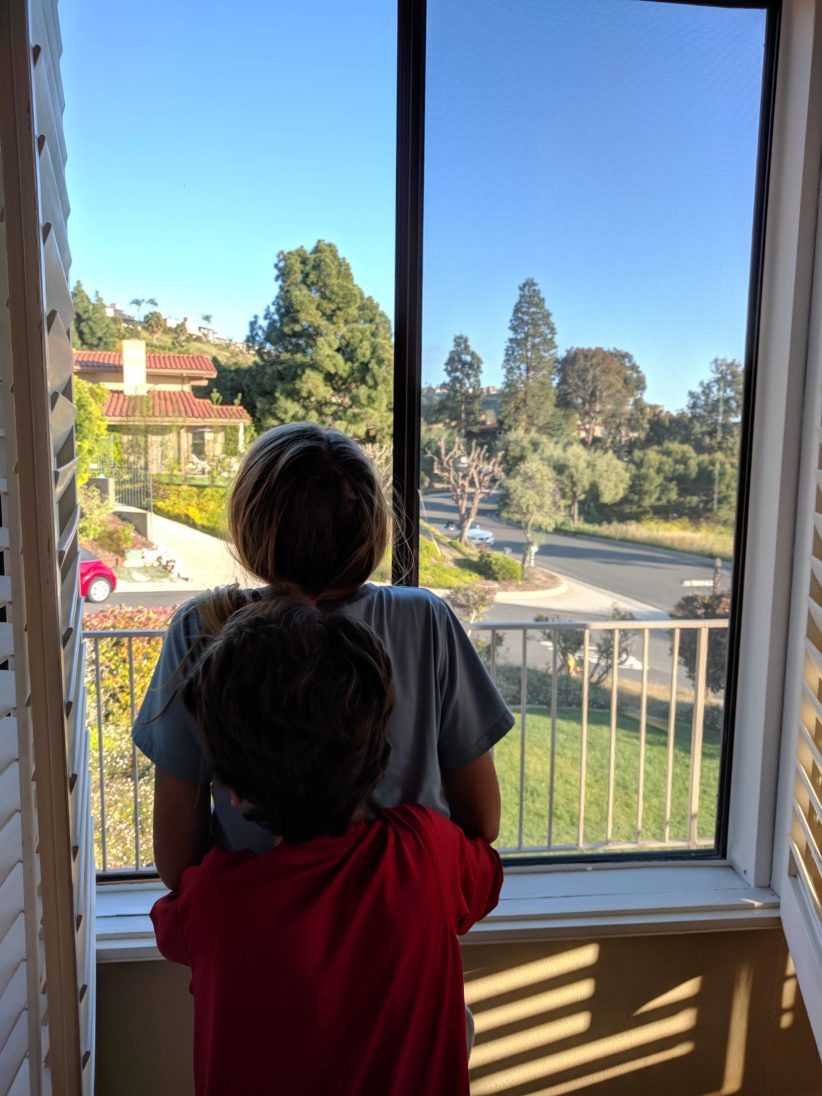Yesterday I had three end of life conversation in a single shift in the Emergency Department. I was in the "hot zone," caring for suspected COVID patients, and all discussions involved goals of care for seniors in their late 70s, 80s and 90s.
At the ripe age of 47, those in their 70s (my parents' generation) do not seem as old or infirm as they once did. The illnesses that afflicted them were once as irrelevant as historical plagues seemed remote from our era of prosperity.
The distinction based on age was a fiction providing comfort that my life was somehow separate and protected from their bad luck. As Law #4 of The House of God put it: The patient is the one with the disease.
I routinely see patients in nursing homes with preserved mental capacity. They had the misfortune in life's lottery to pull a ticket that saddled them with a disproportionate burden of disease. I or my loved ones might be in their situation but for a protective and entirely arbitrary twist of fate. My prior sense of safety seems entirely illusory in retrospect.
In my daily care of ED patients, there is an ever-present risk that an error on my part due to human frailty, a failure to don or doff meticulously, is all that separates me from needing a ventilator.
There but for the grace was all I could think as I spoke to a lucid patient with mild dementia whose oxygen saturation was in the high 70s, who required high flow supplemental oxygen to get into the low 90s (most of us live at levels >92%).
She demonstrated decision-making capacity as she explained that she did not want to be placed on a ventilator under any circumstances, a decision that was consistent with the accompanying preference expressed via her Physician Order for Life Sustaining Treatment.
It was emotionally exhausting to speak to the adult children of two nonverbal patients with advanced dementia about their parents' critical illness, about the poor prognosis and the decision tree of when they might know the time had arrived to pursue comfort measures.
The daughter of a patient for whom this infection is likely to be a terminal event broke into tears over the phone. She blessed me and told me, with concern in her voice, that she imagined I must be tired from the work. In a brief and startling moment, this woman whose parent was dying took the time to think of someone else.
I returned to the next end of life conversation (and the next after that) ready to embrace a difficult task with humility and renewed purpose.
Under absurd circumstances, in times of plague, we might yet preserve dignity (our own; our patients') and provide comfort in overseeing a good death for those we cannot save.

